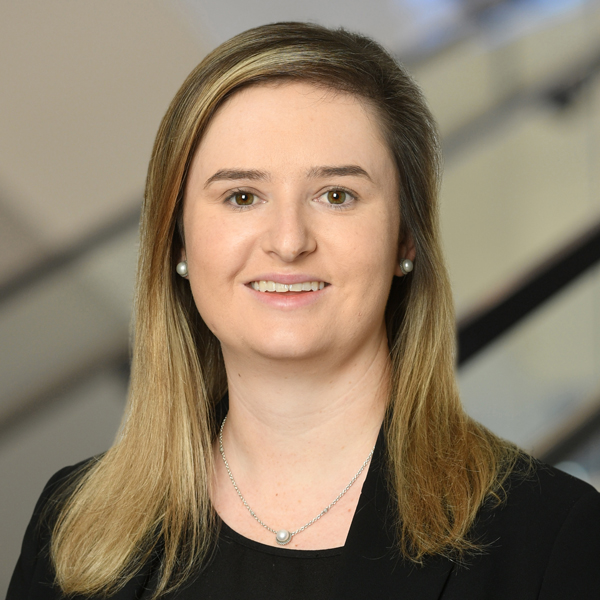On November 17, 2023, the First Circuit granted Teva’s petition to appeal the district court’s ruling on the appropriate standard of causation for Anti-Kickback Statute-based false claims. Teva is asking the First Circuit to adopt the “but for” causation standard—a slightly higher standard for the government to satisfy that requires proof that “but for” kickbacks, the claims would not have been submitted.
Allegations in the Underlying Case:
Filed in the District of Massachusetts in August of 2020, the government’s Complaint alleges that Teva Pharmaceuticals USA, Inc. and Teva Neuroscience, Inc. (collectively U) violated the Anti-Kickback Statute (AKS) and False Claims Act (FCA) using two third-party foundations to cover the Medicare co-pay obligations of patients taking the multiple sclerosis drug “Copaxone.” To cover these patients’ co-pays, Teva allegedly paid the Chronic Disease Fund (CDF) and The Assistance Fund (TAF) “tens of millions of dollars each year” with the intent that these funds be used to cover Copaxone co-pays— “increasing Copaxone sales and enriching Teva in amounts that far exceeded its payments to the foundations.”1 Both foundations operated multiple sclerosis funds that covered co-pays for multiple sclerosis drugs. However, according to the government, “Teva conspired with the foundations” to use these multiple sclerosis funds in a way that “maximize[d] the proportion of Copaxone patients who benefitted whenever Teva made a payment to the foundations.”2 During the timeframe that Teva was subsidizing the cost of Copaxone through the foundations, Teva also allegedly raised the price of the drug from approximately $17,000 per year to over $73,000 per year.
To identify patients, the government alleges that Teva referred Copaxone patients facing Medicare co-pays to a specialty pharmacy that would, in turn, arrange for those patients to obtain co-pay coverage from CDF and TAF. Using information from the foundations and the specialty pharmacy, Teva would then “determine how much money each foundation would need to cover the Medicare co-pays of existing Copaxone patients in the following year.”3 According to the Complaint, Teva’s conduct violated the AKS and FCA. It generated “hundreds of millions of dollars in false claims to Medicare and a corresponding amount of revenue for Teva.”4
District Court’s Ruling on the Causation Standard:
At summary judgment, Teva argued that it was entitled to summary judgment because the government could not prove that these payments to the CDF and TAF were “the ‘but for’ cause of any particular false claim.”5 Teva’s argument builds upon a current divide among courts as they grapple to discern the appropriate causation standard under the AKS. The divide hinges on the meaning of the phrase “resulting from” in the AKS provision that states that “a claim that includes items or services resulting from a violation of this section constitutes a false or fraudulent claim for purposes of [the FCA].”6 Specifically, Teva contended that the government had presented “no evidence that but for Teva’s donations to CDF and TAF, any claims submitted to Medicare for Copaxone that CDF or TAF funded would not have otherwise been submitted for reimbursement.”7
However, in a series of July 2023 rulings, the district court disagreed with Teva’s position—rejecting the “but for” standard and restating the First Circuit’s view that “if there is a sufficient causal connection between an AKS violation and a claim submitted to the federal government, that claim is false within the meaning of the FCA.”8 Under this causation standard, “[t]he government must prove a ‘causal connection’ between Teva’s contributions to CDF and TAF and the resulting co-pay-assisted Copaxone claims that Medicare reimbursed.”9 The district court’s ruling is significant because the “sufficient causal connection” standard is easier for the government to establish, which could bring more arrangements under the AKS’s purview. The district court relied upon the First Circuit’s ruling in a 2018 case, Guilfoile v. Shields, in which the court determined that “drawing on the ‘resulting from’ language of the 2010 amendment [to the FCA],” the “sufficient causal connection” standard was the appropriate standard to use to determine whether a claim was false within the meaning of the FCA.10
First Circuit Review of Causation Standard:
Shortly after the district court’s ruling, Teva filed a motion to appeal based on the court’s conclusion as to the correct causation standard. The district court certified the question for interlocutory appeal—stating that the summary judgment ruling “involve[d] a controlling question of law as to which there is substantial ground for difference of opinion” and “that an immediate appeal from the order may materially advance the ultimate termination of the litigation.”11 Teva then filed a petition for permission to appeal with the First Circuit Court of Appeals, which was granted on November 17, 2023.
In its appeal, Teva will be asking the First Circuit to essentially overturn Guilfoile v. Shields and adopt the “but for” causation standard, which requires proof that “but for” kickbacks, the claims would not have been submitted. This standard is more healthcare industry-friendly, as it is a slightly higher standard for the government to satisfy. If the First Circuit adopts the “but for” standard, fewer arrangements will present an AKS risk because the government will be charged with establishing that claims would not have been submitted to the government without prohibited kickbacks. Therefore, if Teva were in a position to steer patients towards Copaxone but, for example, there were not any other multiple sclerosis drug equivalents on the market, it would be much more difficult for the government to argue that “but for” Teva’s donations to CDF and TAF, any claims submitted to Medicare for Copaxone that were funded by CDF or TAF would not have otherwise been submitted. The Sixth and Eighth Circuits have adopted the more lenient “but for” causation standard, but the Third Circuit has adopted the “sufficient causal connection” standard. Based on this split, all eyes will be on the First Circuit in 2024 as industry leaders watch the development of this appeal.
If you have any questions about this legal update, please contact a member of the healthcare team.




